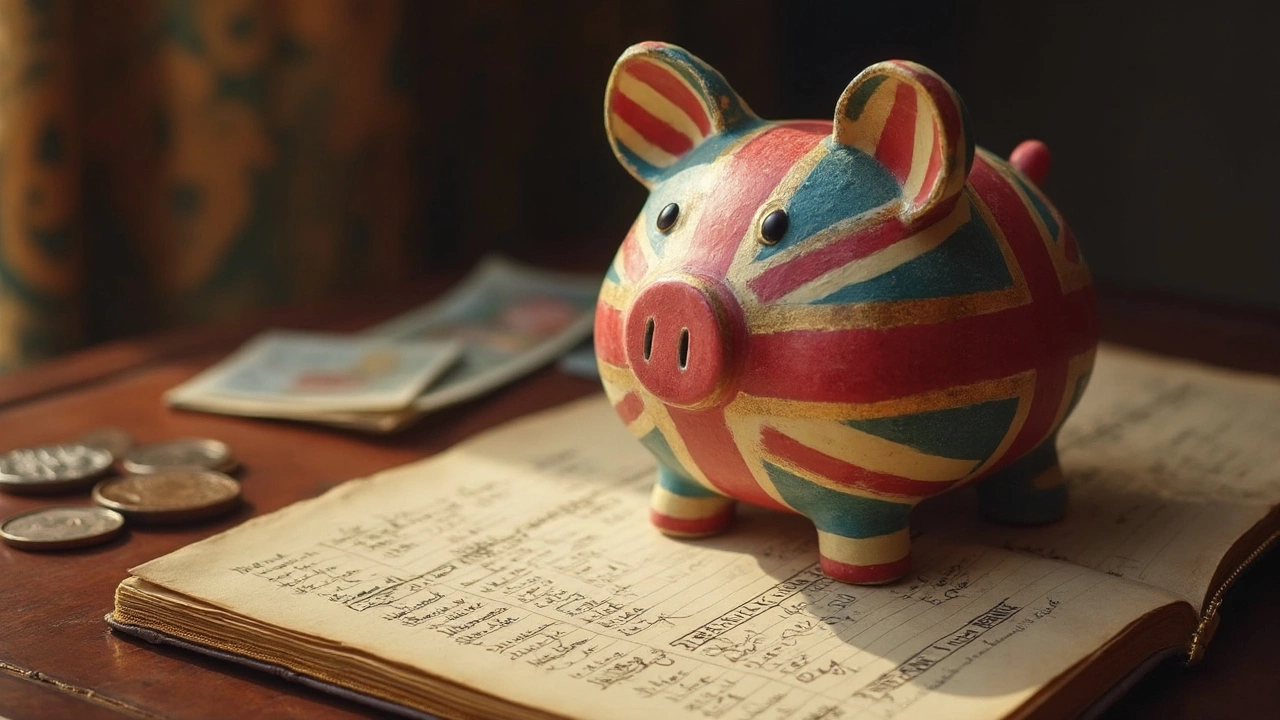Benefits of Saving: Simple Reasons to Keep More Money in Your Pocket
Saving isn’t just for big earners or finance geeks. It’s a habit anyone can start, and the payoff shows up fast. In this guide we’ll break down what real saving does for you, how it protects you today, and why it builds a stronger future.
Immediate Advantages You’ll Feel Right Away
First off, a small cash buffer stops surprise bills from turning into panic. A broken dishwasher, an unexpected vet visit, or a missed bus ticket can all drain a checking account. With even a £200‑£500 stash you can cover those costs without borrowing or stressing.
Next, having savings lowers your reliance on credit cards. When you can pay for groceries or a new phone outright, you avoid high‑interest rates that eat up your money. Over a year, that alone can save you hundreds of pounds.
Saving also gives you negotiating power. Landlords, lenders, and even some utilities look more favorably on people who can show they have a reserve. It can mean a better mortgage rate or a smoother rental application.
Long‑Term Gains That Grow With Time
When you tuck money away consistently, compound interest takes over. A £1,000 deposit at a 2% annual rate may seem tiny, but after 10 years it becomes about £1,219 – and that’s without any extra contributions.
Adding regular contributions turns the picture brighter. If you save £100 a month at the same 2% rate, you’ll end up with roughly £13,200 after ten years. The math is simple, but the habit is powerful.
Beyond interest, savings act as a stepping stone to bigger goals. Whether it’s a deposit for a first home, a study course, or a dream holiday, a dedicated pot makes planning realistic and less stressful.
Retirement is another area where early saving shines. The earlier you start, the less you need to save later. Even a modest £50 a month at a 5% return can give you over £30,000 by the time you hit 65.
Finally, a healthy savings habit improves your mindset. Knowing you have a cushion reduces anxiety, frees up mental space, and lets you focus on work, family, or hobbies instead of money worries.
So, how do you start? Set a realistic target – maybe £500 for an emergency fund – and choose a simple method: a separate savings‑only account, an automatic transfer each payday, or a round‑up app that saves the change. Stick with it for a month, see how it feels, then adjust the amount.
Remember, saving isn’t about making huge sacrifices. It’s about small, consistent actions that add up. A few pounds less on coffee, a weekly review of subscriptions, or a brief pause on impulse buys can free up cash to grow your nest egg.
Give yourself a deadline – 30 days, three months – and watch how quickly the habit becomes second nature. The benefits start right away and keep compounding long after you’ve stopped thinking about them.
Ready to see the difference? Pick a savings goal, set up an automatic transfer, and enjoy the peace of mind that comes with having money working for you.

